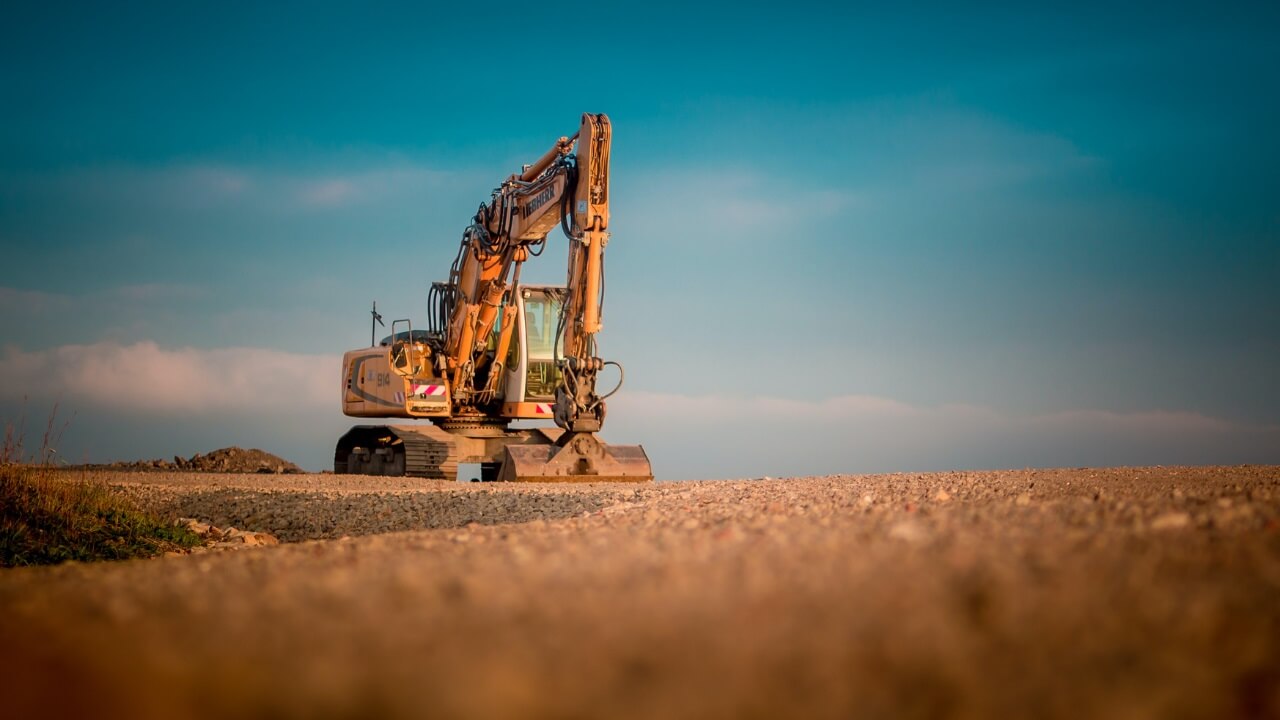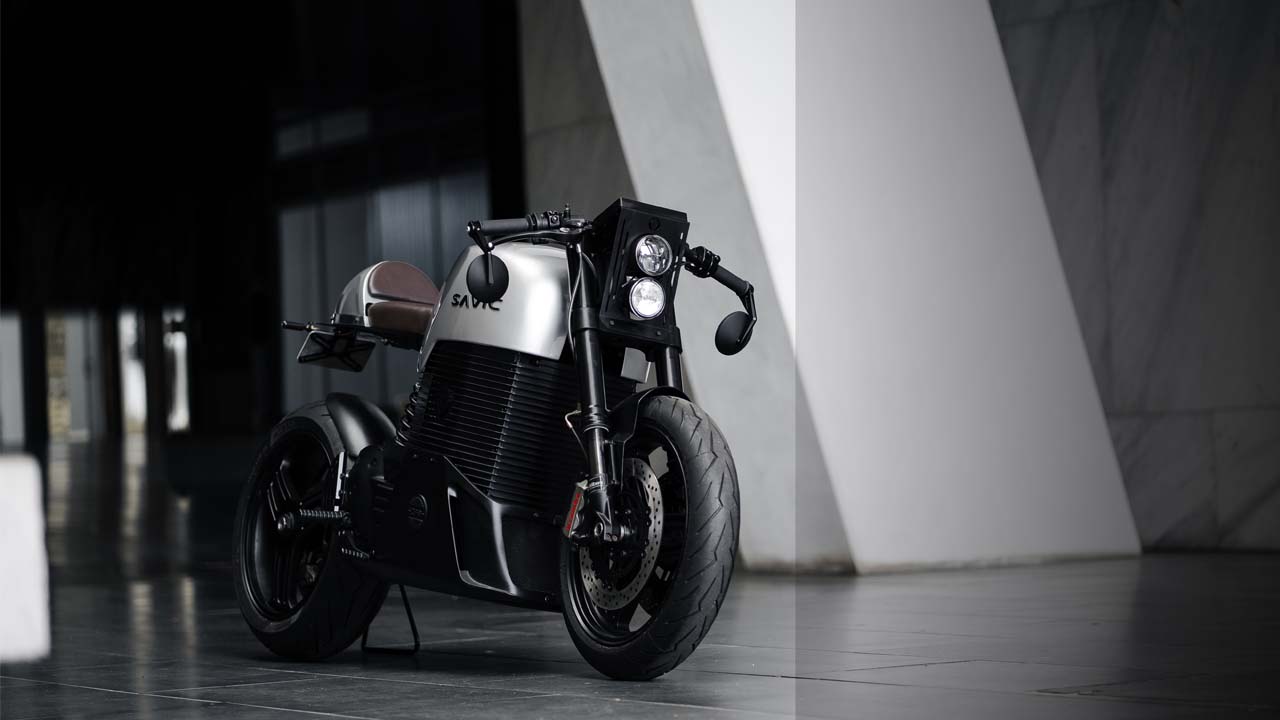Yellow goods are a big ticket item in asset finance – literally! With the majority of the machinery being for commercial use, clients have access to some competitive rates.
In the next installment of our Assets in the Spotlight series, Nodifi details finance for yellow goods.
Key Takeaways
- Yellow goods can have a wide range of attachments, making them highly versatile
- Older yellow goods with high hours of operation can range in the hundreds of thousands of dollars
- Rates commonly range between 2.9 and 5.9%
- Low and no-doc applications are most popular
- Like other commercial finance, settlement times are pegged at 1-2 business days
Yellow goods finance in a nutshell
These items are primarily earthmoving machinery like excavators, loaders and bobcats. The term can also include construction machinery such as cranes and bulldozers and even extend to agricultural machinery and equipment, such as tractors, sprayers and harvesters.
In this edition of Assets in the Spotlight, we’ll be focusing on earthmoving and construction machinery.
Depending on the year, condition, make and model, prices can range from around $12,000 for a track-mounted excavator to over $1,500,000 for heavy construction machinery. Mining machinery, such as heavy duty dozers can push north of $3 million.
Yellow goods are commonly measured in operating hours, rather than mileage like cars.
As these assets can be fitted with numerous attachments (grabs, buckets, rippers, sieve buckets), expect your client to include them in the paperwork.
Firstly, the all important rates
Rates are typically determined by age of asset, operating hours (condition) and client profile.
Nodifi’s commercial rates start from 2.85%. BUT for larger lends over $100,000, we can negotiate this to be lower.
As with truck finance, the age of the asset being purchased, type of asset being purchased and its intended use will all affect the rates.
Common rates per client profile
2.85% – 3.45%
New asset / property owner / long-term ABN and GST / excellent credit score (700+)
3.45% – 6%
1 – 4 year-old machinery / property owner / under 3 year ABN and GST / average credit score (550)
6%+
Over 4 years old / non property owner / minimal trading history / low credit score (400 and below)
How much can my client borrow?
Similarly to other commercial finance products, amounts are dependent on the borrower’s profile.
Most lenders require a minimum loan amount of $5,000 and typically do not have a maximum amount.
Despite these assets being large ticket items, it’s not uncommon to find clients needing to borrow only a small percentage of the total cost. This happens when a large deposit is put forward, typically reflecting the sale of a previous asset.
New vs used
Australia has a large market for used yellow goods. Due to these kinds of machinery being commercially owned and operated, most are well-maintained and regularly serviced. Insurance requirements also back this up.
Popular brands include
- Volvo
- Komatsu
- Caterpillar
- Hitachi
- Case
- Liebherr
New yellow goods need to be registered as per state government regulations. Most fall under heavy vehicle categories. Typically, finance does not include registration and is therefore an out-of-pocket expense for the borrower.
Used mobile machinery will, depending on the type of vehicle, have an ‘hours’ reading. This is similar to a car’s mileage and represents operation hours. These vary hugely and influence prices, also similar to a car’s odometer reading.
Documents and information
Documentation is similar to other commercial finance products. Things like identification, signed privacy consent and ABN details are required. Naturally, your client’s credit report will also need to be submitted.
Further documentation is split into three categories
Borrowers can fall into the following categories based on their credit and business history. To find out what kind of commercial loan your client might be suited for, speak to your Nodifi relationship manager.
Full-Doc
This is when all financial documents are required to prove income and serviceability. Your client will need to provide BAS statements, financial statements, tax returns and possibly even bank statements . How much your client can borrow will depend on these documents
Often, new business enterprises or those with minimal trading history or bad credit fall into this category.
Low-Doc
This is a little simpler than a full-doc loan. Minimal financial documents are required. E.G; Bank statements, BAS statements or ATO portals may be requested.
No-Doc
Lenders do not require any financial documents to assess the circumstances of the deal.
Low and no-doc loans are popular options as they are simpler and smoother processes.
Learn more about low-doc and no-doc loans to predict where your clients might fall.
Settlement
Financing yellow goods can attract longer turnaround times as lenders typically dig deeper into the business purchasing the asset. Additionally, lenders might look into the actual asset’s history too.
This is because commercial finance for high-value assets is typically aimed at clients representing businesses with other assets such as premises, factory / plant equipment or other vehicles, and numerous years of trading history.
Funds are transferred directly to the vendor, with transfer times subject to banking institutions.
Yellow goods finance in summary
Even if your clients aren’t usually in the yellow goods market, these assets can make a significant part of your finance product offering.
As always the Nodifi team is available to provide support. Talk to your Nodifi relationship manager if you have any questions or submit a scenario today.




